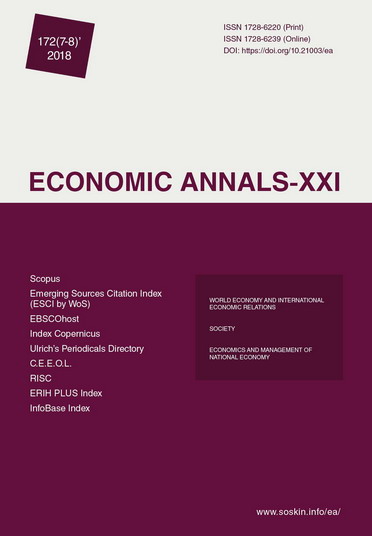Economic and political factors affecting attitudes of Slovakia and Hungary towards the future of the EU
Economic and political factors affecting attitudes of Slovakia and Hungary towards the future of the EU
Author(s): Milan KuruczSubject(s): Economy, National Economy, Supranational / Global Economy, EU-Approach / EU-Accession / EU-Development
Published by: Institute of Society Transformation
Keywords: European Union; Slovakia; Hungary; Visegrad Group; European Integration; Eurozone;
Summary/Abstract: This paper identifies the factors that, despite the similar political and economic system characteristics, considerably influence attitudes of the Slovak and Hungarian political elites towards the future development of the EU and its institutions. While Slovakia is in favour of enhanced cooperation within the union, Hungary prefers its transformation into the Europe of nations, in which decisions will be taken by states. In economic dimension, the attitudes of both countries are dissimilar due to the different effects of the global crisis on their economies as well as their financial and social environment. The contribution shows that the measures associated with the preparation for the entry into the euro area have helped Slovakia to handle the impacts of the financial and economic crisis. Subsequent accession into the Eurozone and its positive effect on the economy has become an important structural factor influencing the positive attitude of the ruling elite to closer integration in the EU. On the other hand, the global economic crisis has deepened the problems of the Hungarian economy. The conditions of the IMF and the EU loan were perceived as an intervention into the sovereign decision-making about Hungary’s own economic policy. Hence, overcoming the crisis has been, on the contrary to Slovakia, interpreted as the result of the independent government policy. This fact has been a key stimulus to the efforts of Hungary to strengthen of the member states’ position within the EU. The attitudes of both countries to the future of the EU are influenced also by constellation of economic and political actors. In Hungary, the government for the long term strengthens the economic position of domestic businesses, concentrates the political power and implements foreign policy with a strong emphasis on national sovereignty. Slovakia is more willing to participate, with the exception of migration, in deepening of European integration due to economic conditions and significantly pluralistic political environment.
Journal: Економічний часопис - ХХІ
- Issue Year: 172/2018
- Issue No: 7-8
- Page Range: 28-31
- Page Count: 4
- Language: English

